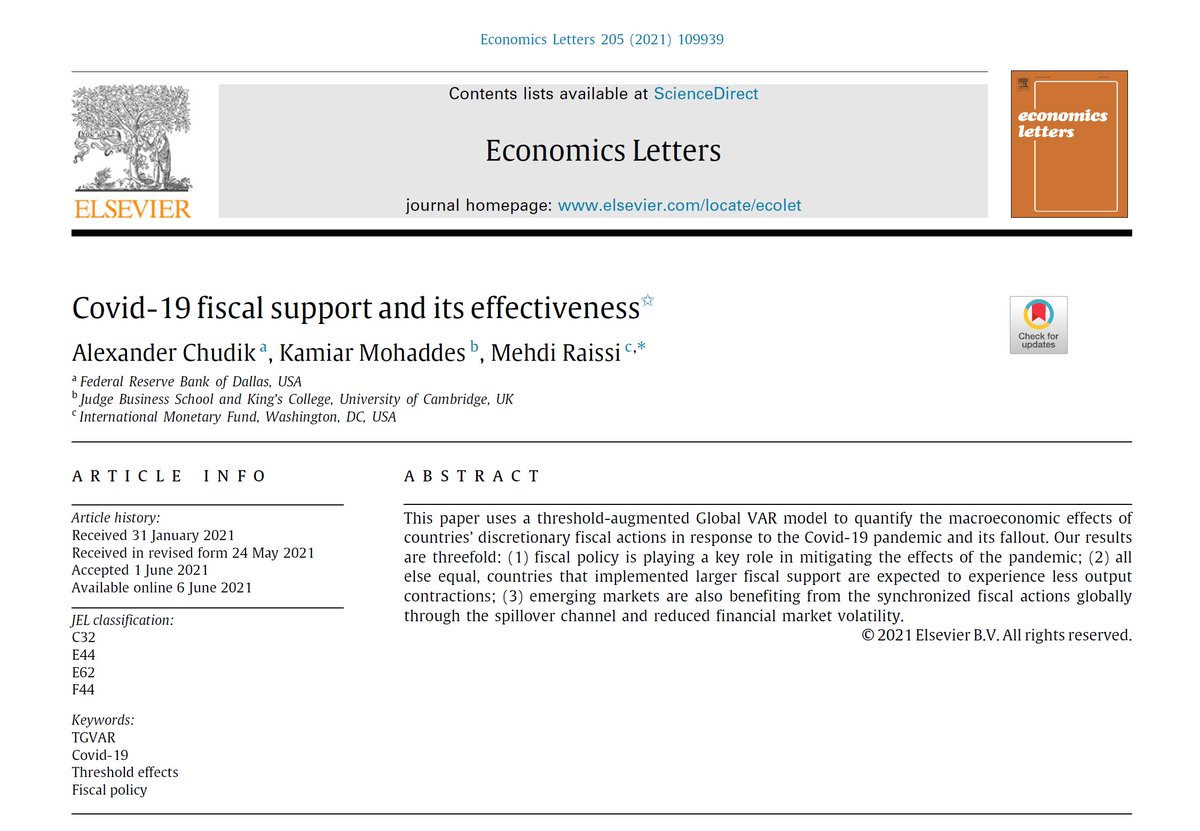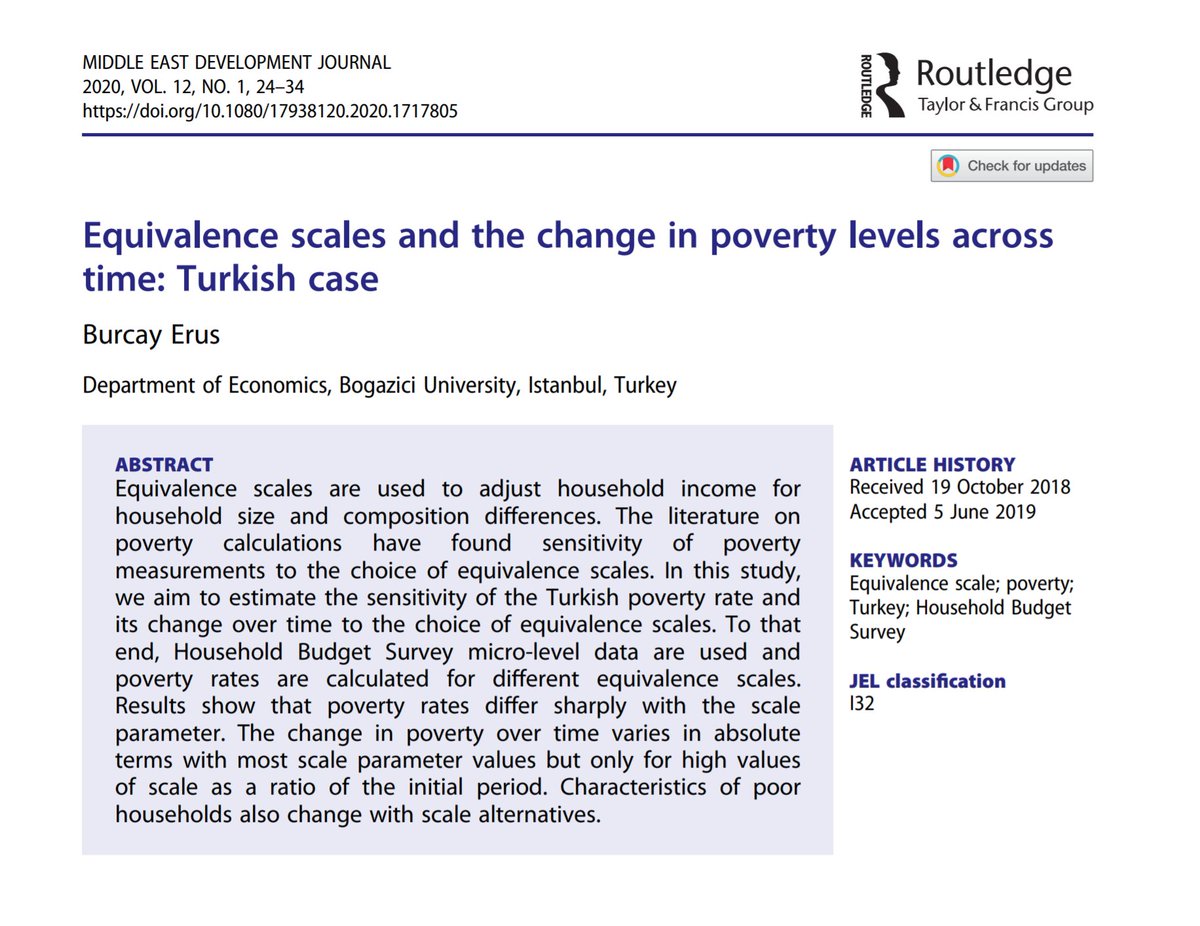Text-based data sources like #narratives and stories have become increasingly popular in providing critical insight in #energy research and social sciences in general. 1/n
https://twitter.com/RamitDebnath/status/1245671956969426944
However, in many cases their implications in #policy application usually remain superficial and fail to fully exploit state-of-the-art resources which digital era holds for text based analysis. 2/n
We (@RamitDebnath @ChurchillCol, Sarah Darby @ecioxford, @ronitabardhan @Selwyn1882 & Minna Sunikka-Blank @arch_cambridge) illustrate the potential of deep-narrative analysis in #energy policy research using tools from the cutting-edge domain of computational social sciences. 3/n
We argue that a nested application of topic modelling and grounded theory in #narrative analysis promises advances in areas where manual-coding driven narrative analysis has traditionally struggled with directionality biases, scaling, systematisation and repeatability. 4/n
We verify the theoretical and epistemological fit of the proposed nested methodology through a meta-analysis of a state-of-the-art bibliographic database on #energy policy, #narratives and computational social science. 5/n
We find that the nested application contributes to the literature gap on the need for multidisciplinary methodologies that can systematically include qualitative evidence into #policymaking. 6/n
• • •
Missing some Tweet in this thread? You can try to
force a refresh












